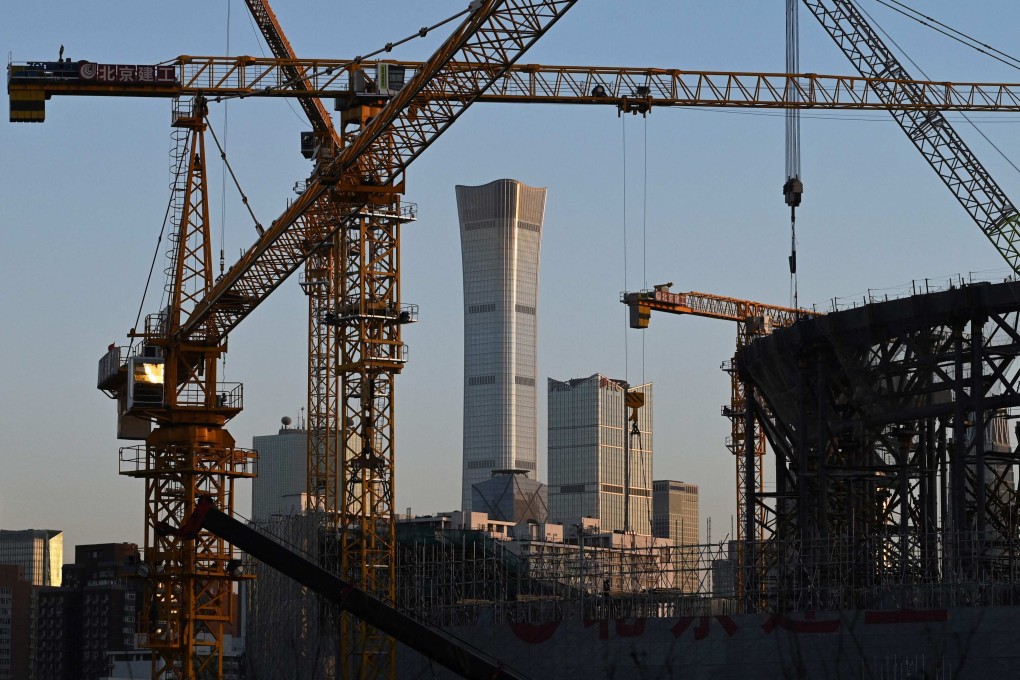Chinese financial regulators instruct banks to step up bond issuances and loans to boost M&A activity in property sector
- Directions to banks by regulators reported by newspaper managed by Chinese central bank
- Move is unlikely to benefit the large Chinese developers listed in Hong Kong, analyst says

China’s financial regulators have urged banks to increase their support of mergers and acquisitions (M&A) in the property sector, after the biggest relaxation of monetary policy in 19 months, in a move that has buoyed some publicly traded real estate stocks.
Monday’s report came as the PBOC lowered its one-year loan prime rate (LPR), a key lending benchmark on which much of new and outstanding loans are based, by five basis points to 3.8 per cent. The five-year LPR, against which home mortgages are priced, was unchanged at 4.65 per cent.
It is, however, unlikely to benefit the large Chinese developers listed in Hong Kong, said Gary Ching, the Hong Kong-based chief analyst for macroeconomic and strategy at Guosen Securities. State-owned companies were expected to be the likely beneficiaries and their acquisitions were likely to be limited to good projects, he added.
“The large developers’ aggregate debt was very huge – the market including me does not think the new policy will support every big player. The offshore investors’ view is that the big developers are likely to save themselves,” Ching said.